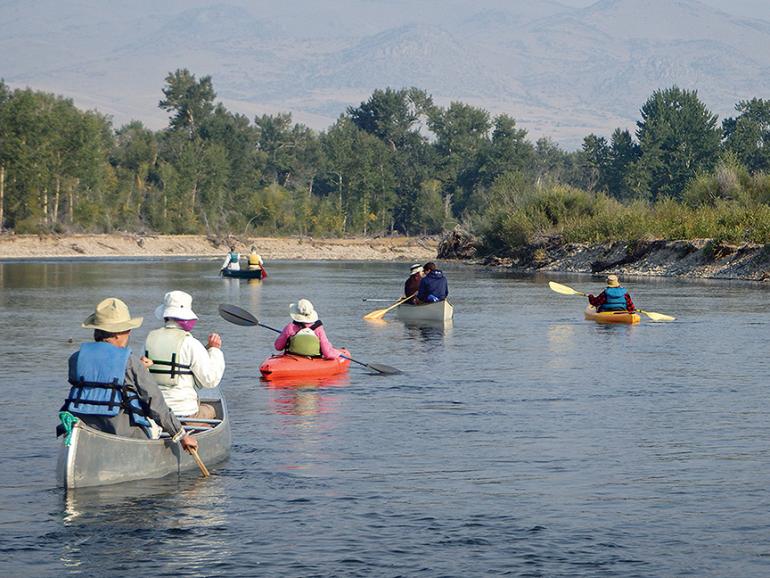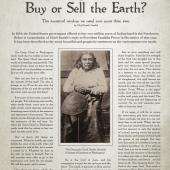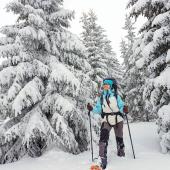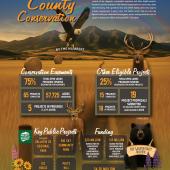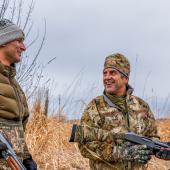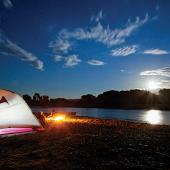All Chewed Up
Access conflict on the Jefferson.
Public lands are few and far between on the Jefferson River, and now, the only public-floater camp on the upper Jefferson, known as “Beaver Chew,” is being threatened by a land-swap proposal. The 80-acre campsite on state land got its name because Meriwether Lewis left a note for William Clark on a tree at the confluence of the Big Hole and Beaverhead rivers, but a beaver cut it down, and Clark led the canoes up the wrong fork, leading to a near-fatal accident for one of the crew. As Lewis noted in his journal, “The canoe had rubbed him and pressed him to the bottom as she passed over him and had the water been two inches shallower must inevitably have crushed him to death. Our parched meal, corn, Indian presents, and a great part of our most valuable stores were wet and much damaged on this occasion.”
The expedition camped at the confluence to dry their gear. Today, the public campsite near the confluence is one of several designated public-floater camps on the Jefferson River Canoe Trail. No other parcel of public land on the Jefferson offers such a rich and lush riparian ecosystem with extensive cottonwood woodlands, open meadows, and abundant wildlife as Beaver Chew.
The land-exchange proposal would give Beaver Chew to New York billionaire Hamilton E. “Tony” James in exchange for a 111-acre parcel on the Big Hole River. While the Big Hole parcel is slightly bigger, the trade would come at the cost of losing an essential campsite on the Lewis and Clark National Historic Trail, which follows the Jefferson and Beaverhead rivers, not the Big Hole. The parcel on the Big Hole would serve only floaters along that river, while Beaver Chew currently serves floaters coming down either the Big Hole or the Beaverhead to the Jefferson River. The next available campsite is 25 miles downstream.
Losing Beaver Chew would be a major setback for the Canoe Trail, the public, and for future generations of local and long-distance paddlers on the Jefferson River. To ensure that doesn’t happen, write a letter to the state Land Board (dnrc.mt.gov/landboard) expressing your concern about losing the campsite, join or donate to the Jefferson River Canoe Trail, and finally, go camping at Beaver Chew before it’s too late.
Thomas J. Elpel of Pony is president of the Jefferson River Canoe Trail Chapter of the nationwide Lewis and Clark Trail Heritage Foundation. Read the full story here.

